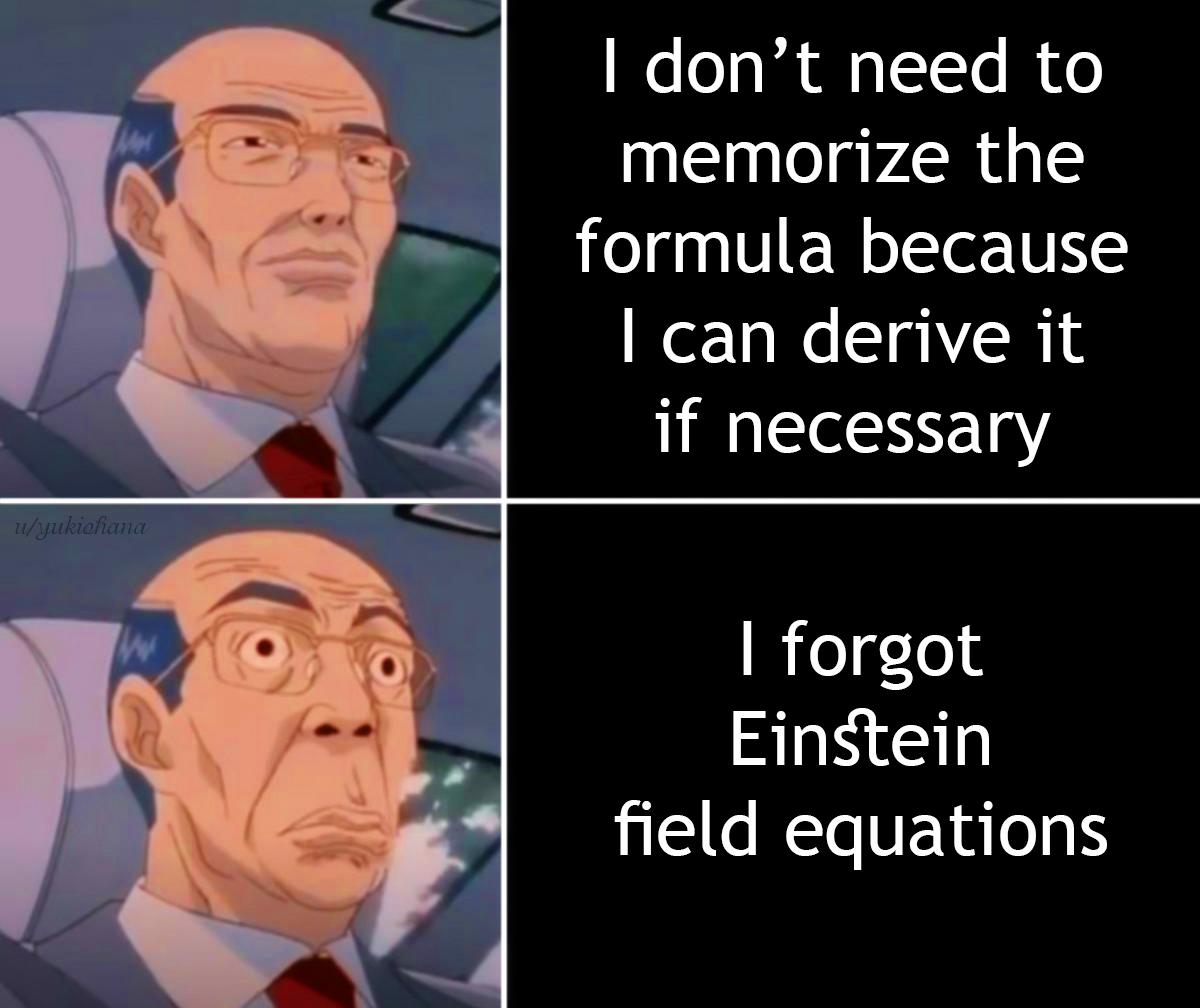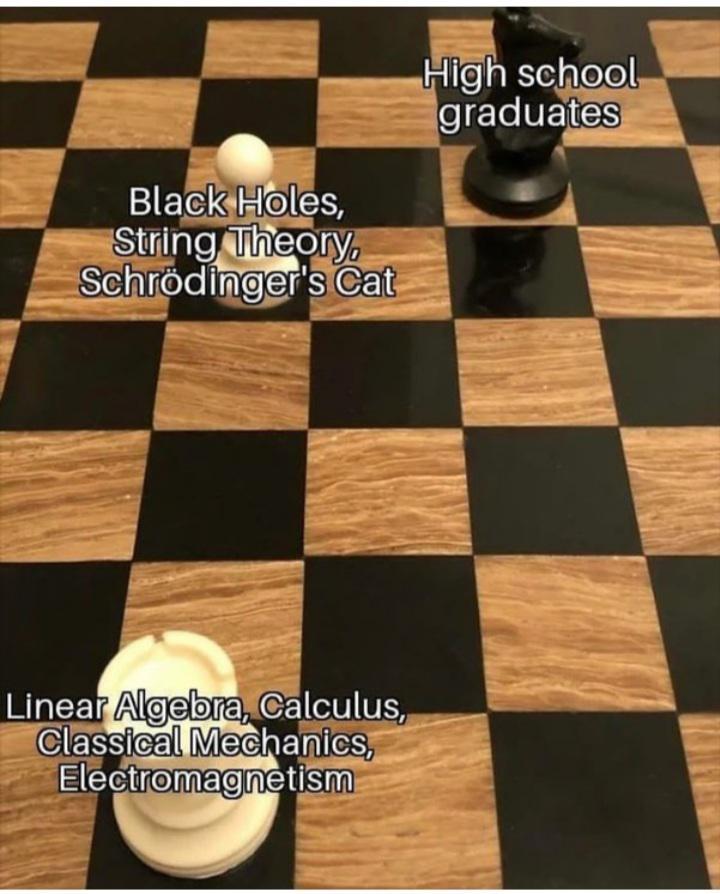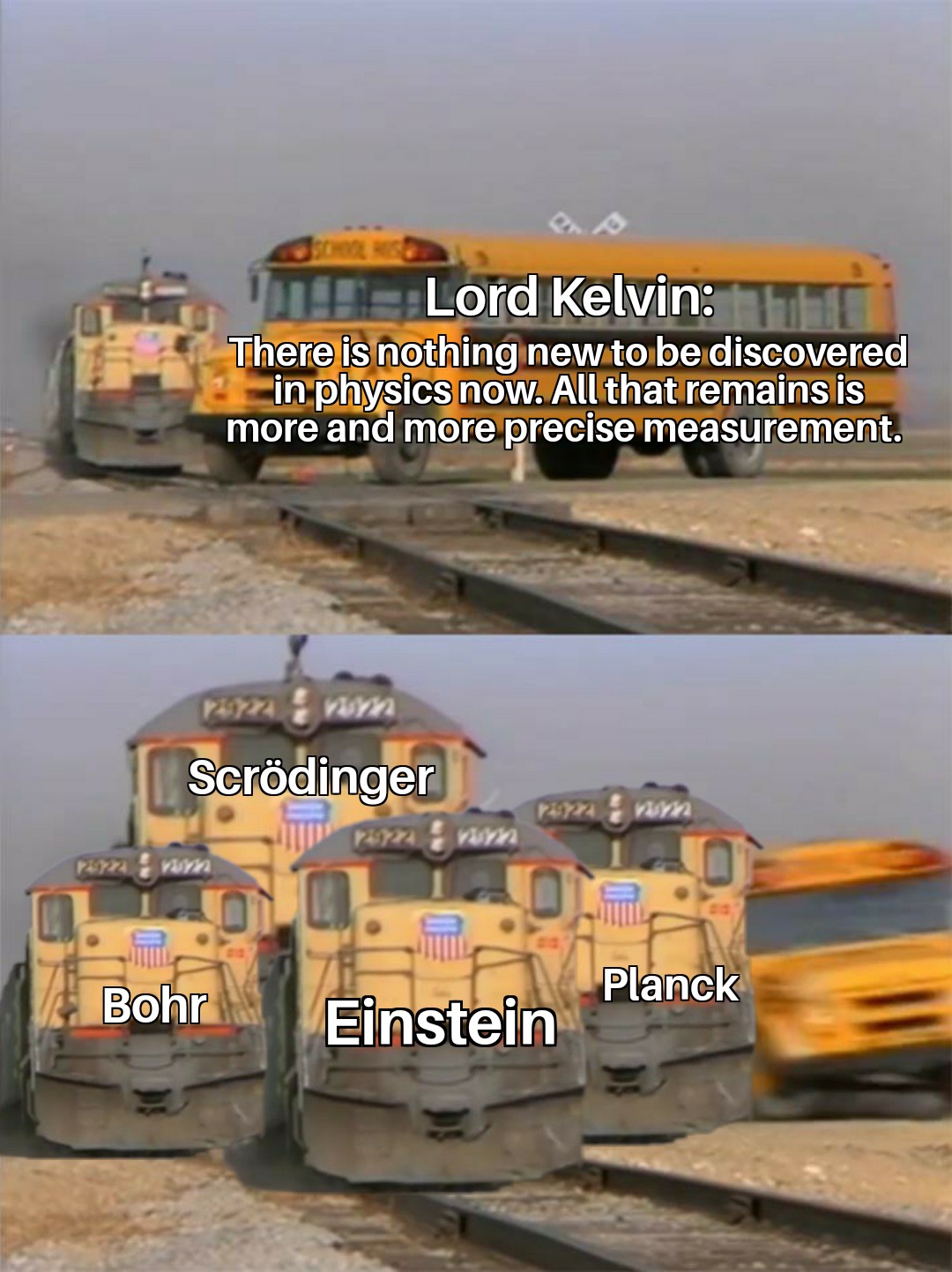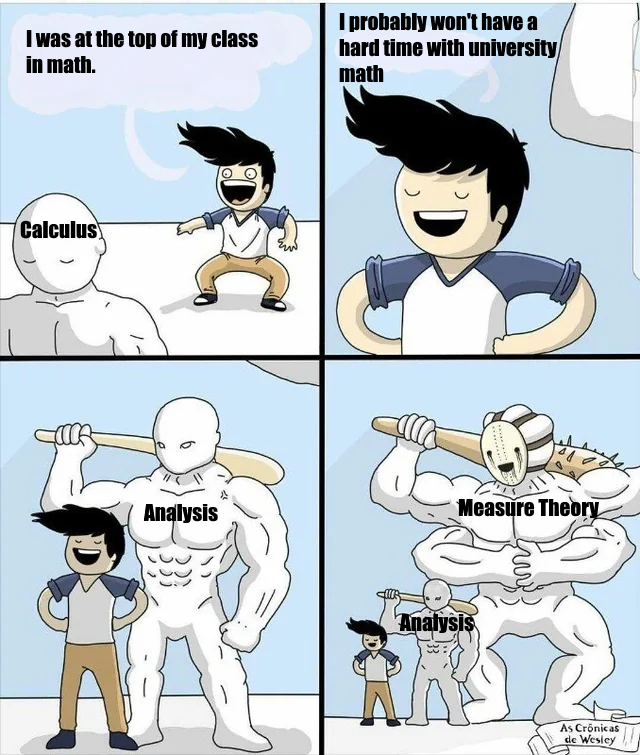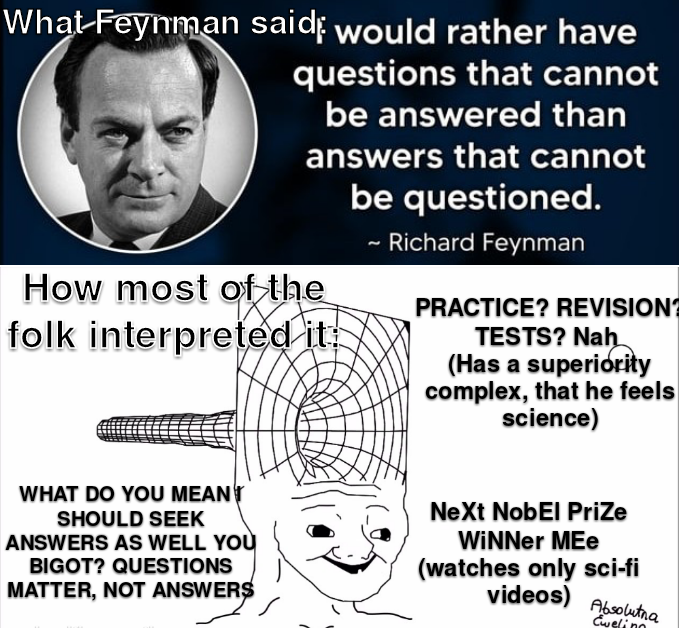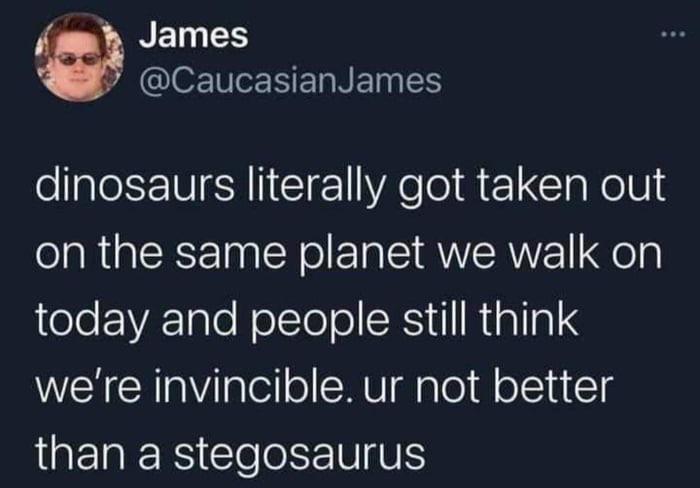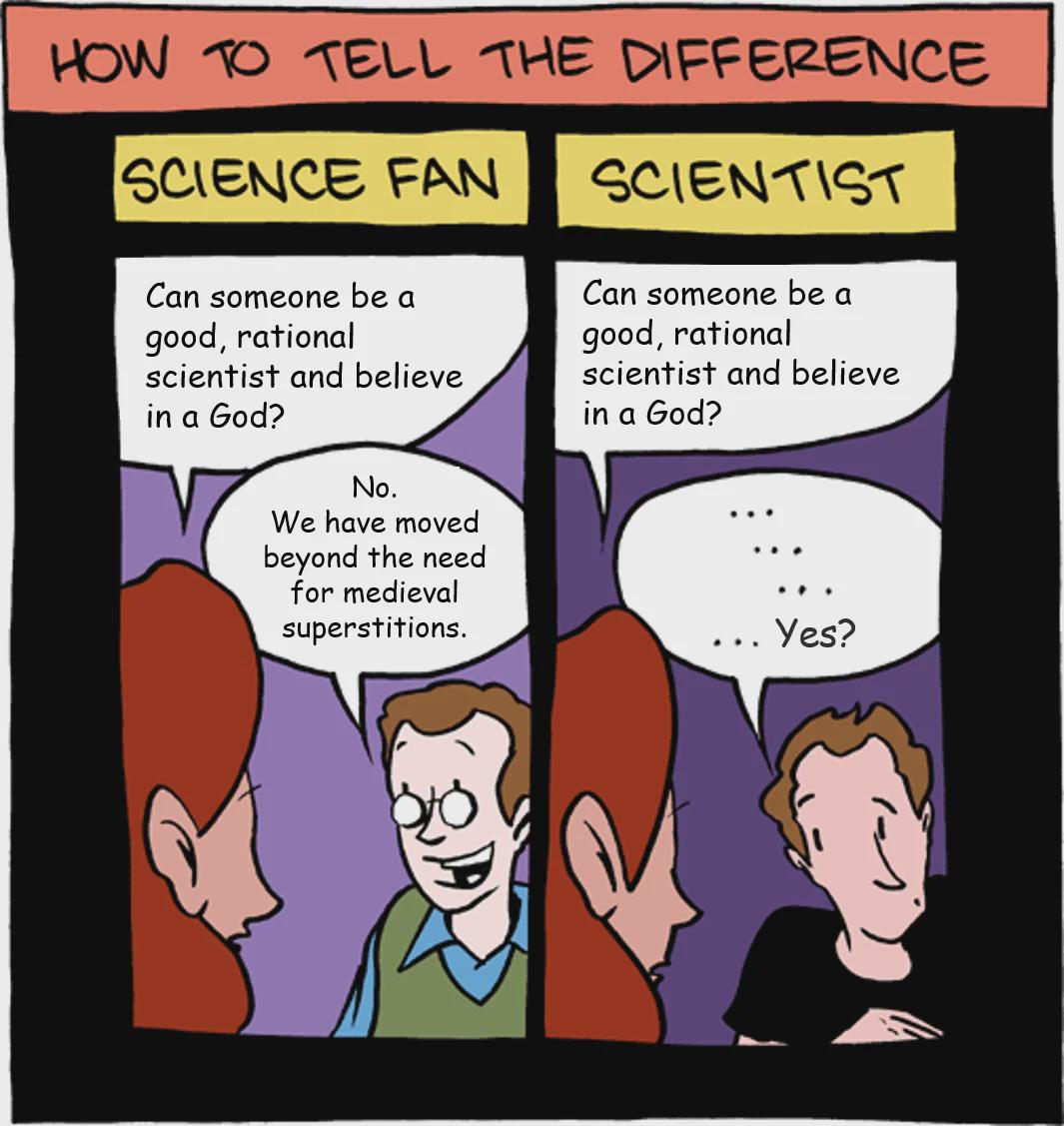Time travel fantasy, meet reality check! That smug "I could go back in time to show people how smart I am" thought crashes spectacularly when you realize you'd be absolutely clueless explaining modern tech to ancient folks. Sure, you know electricity powers your phone, but could you actually explain how electrons flow through conductors or build a simple circuit from scratch? The confused cat's "Idk" is literally all of us pretending we understand the technology we use daily. Next time you feel intellectually superior to historical figures, remember you'd be that cat in ancient Rome, completely unable to explain the "magic rectangle" that shows cat videos.


 Academia
Academia
 Ai
Ai
 Astronomy
Astronomy
 Biology
Biology
 Chemistry
Chemistry
 Climate
Climate
 Conspiracy
Conspiracy
 Earth-science
Earth-science
 Engineering
Engineering
 Evolution
Evolution
 Geology
Geology



